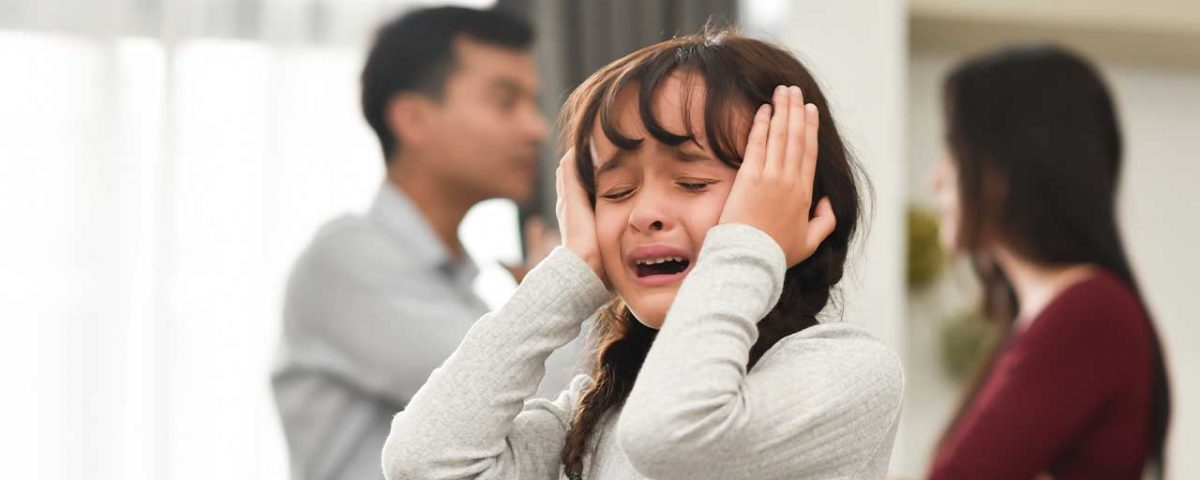Schizophrenia is a chronic mental disorder that affects how a person thinks, acts, and feels. Perception of reality is distorted, and there are often episodes of hallucinations and delusions. Many factors affect the disorder, but there is much more research to be completed since there is no cure.
There is schizophrenia treatment that helps reduce symptoms and prevent long-lasting effects on the body and brain. Reasons like genetics and environmental elements may trigger mental illness, and it’s crucial to recognize signs of childhood schizophrenia to avoid life-long severe episodes.
What Is Early Onset Schizophrenia?
Early schizophrenia signs in children typically are seen in-between the ages of thirteen and seventeen. However, children under twelve can be diagnosed with the mental disorder, and some show symptoms as early as three to six months after birth. For example, a child or teenager may feel unmotivated or stoic, or they might isolate themselves from others. The most common signs include hallucinations, and children often recall hearing voices.
A child can be diagnosed with schizophrenia at any age before eighteen years old. In the early stages or the prodromal phase of the mental illness, it is hard to differentiate between other conditions such as anxiety or depression. These are signs of the disorder, as well as feeling paranoid or constantly fearful.
Schizophrenia in Children Symptoms
Childhood schizophrenia shares the same symptoms as adults who have this mental condition. Children may report hearing voices more frequently than adults and deal with fewer delusions. If you are a concerned adult, here are other symptoms of schizophrenia in children:
- Confusion
- Catatonic behavior
- Extreme mood swings
- Perceptions are disturbed
- Excessive worrying or anxiety
- Sudden agitation or irritability
- Impaired emotional expression
- Fear or belief that they are constantly in harm's way
- Hearing, seeing, or feeling things that are not visible
Treatment depends on the severity of the child’s symptoms, age, and general health. Cognitive-behavioral therapy and other therapeutic methods can help reduce symptoms or prevent them from worsening. Medicines, support, and family therapy groups can also help a child struggling to manage the condition.
Treatment at Our Boca Behavioral Health Center
At Banyan Treatment Centers Boca, we offer a successful mental health program for patients fighting depression, anxiety, and childhood schizophrenia. We provide a clean and safe environment for patients to express their emotions and be guided through the treatment process. If you or a loved one is struggling with a mental illness, understand that you are not alone, and our team of professionals is here for you!
Speak with a specialist located at our Florida mental health rehab by calling 888-280-4763 and ask about our special levels of care to get started today!
Related Readings:









